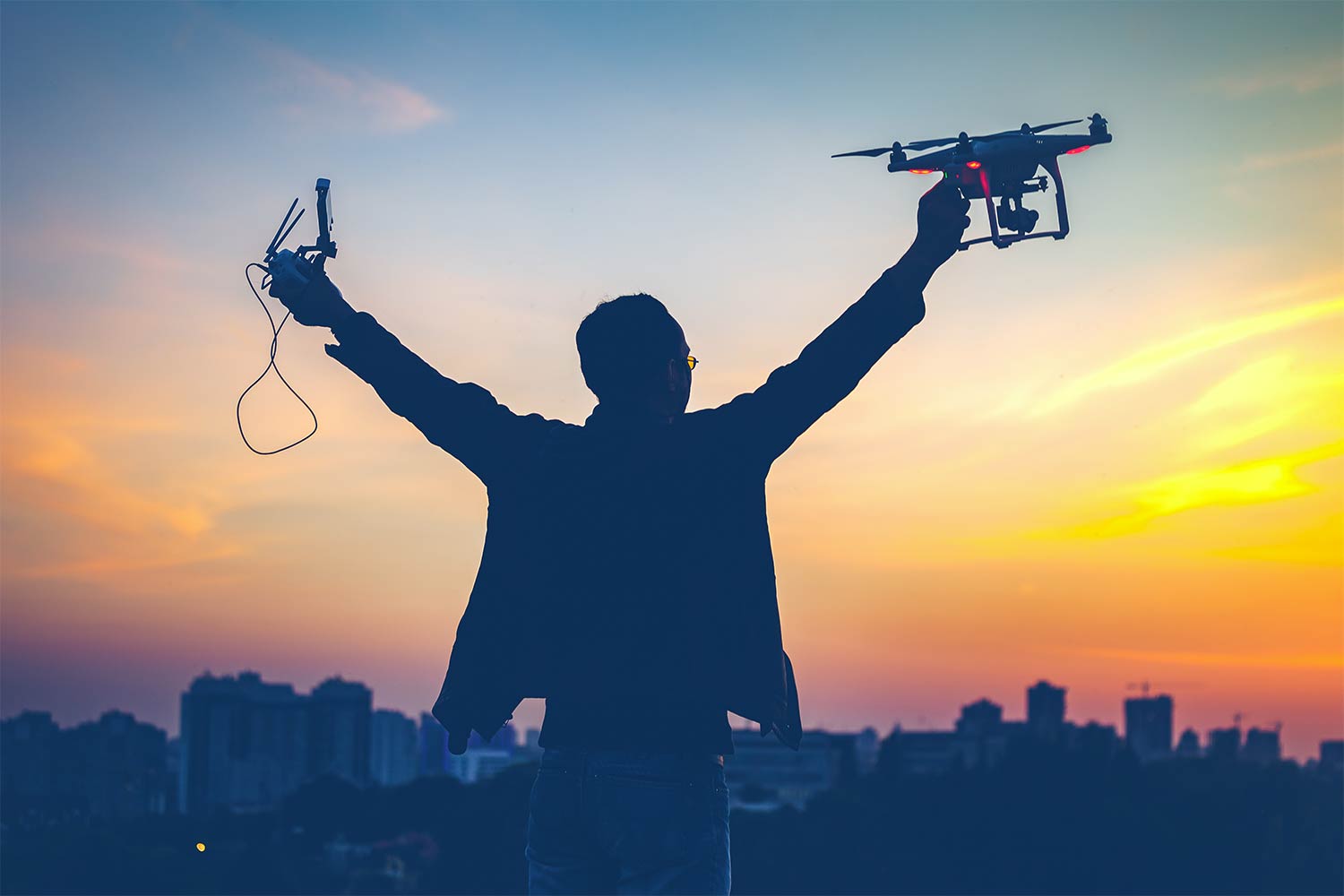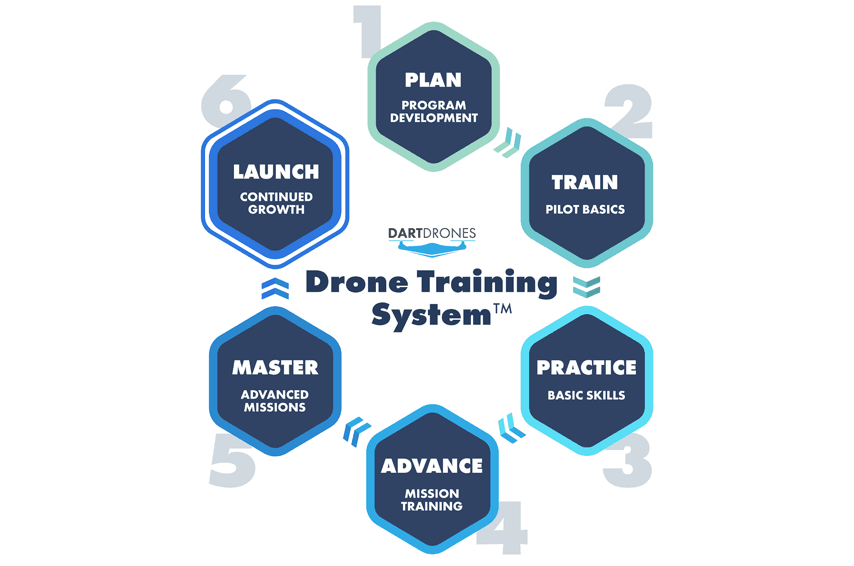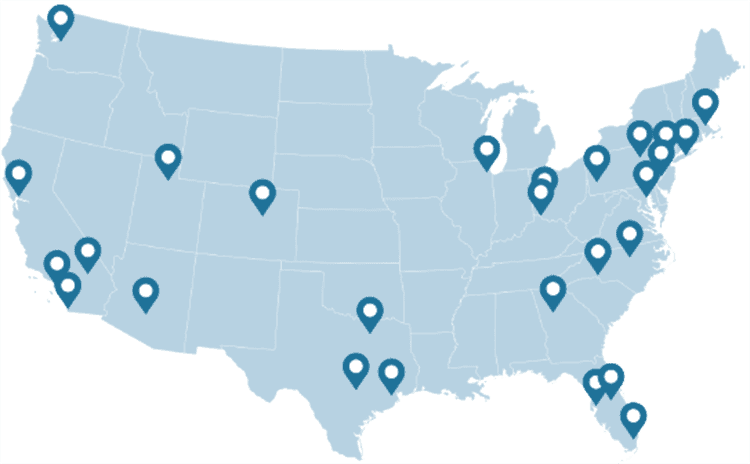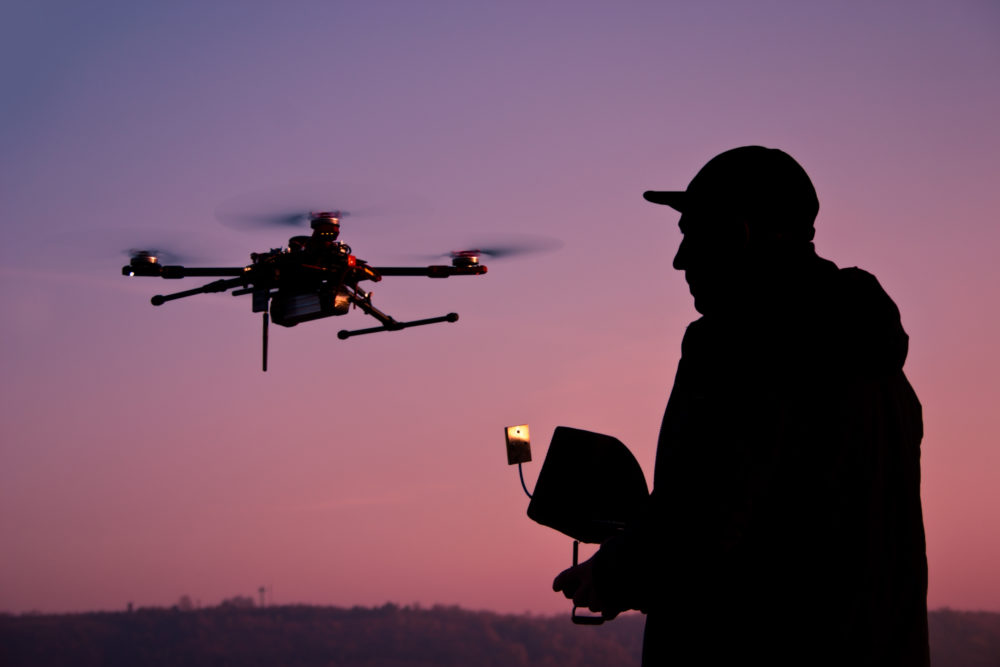
Night Waiver: Flying Your Drone at Night
It has been almost a year since the Federal Aviation Administration (FAA) announced its final rule for unmanned aerial systems (UAS) under Part 107. As we have discussed before, drone operators must pass a test to operate a drone for commercial purposes under the FAA. If you are unfamiliar with Part 107 and how to take the test, please follow this link. One rule that has raised a lot of questions has been the limitation of flights that take place at night. If you are using a drone for commercial purposes then this may be a problem for you or your business. However, you can apply for a night waiver through the FAA.
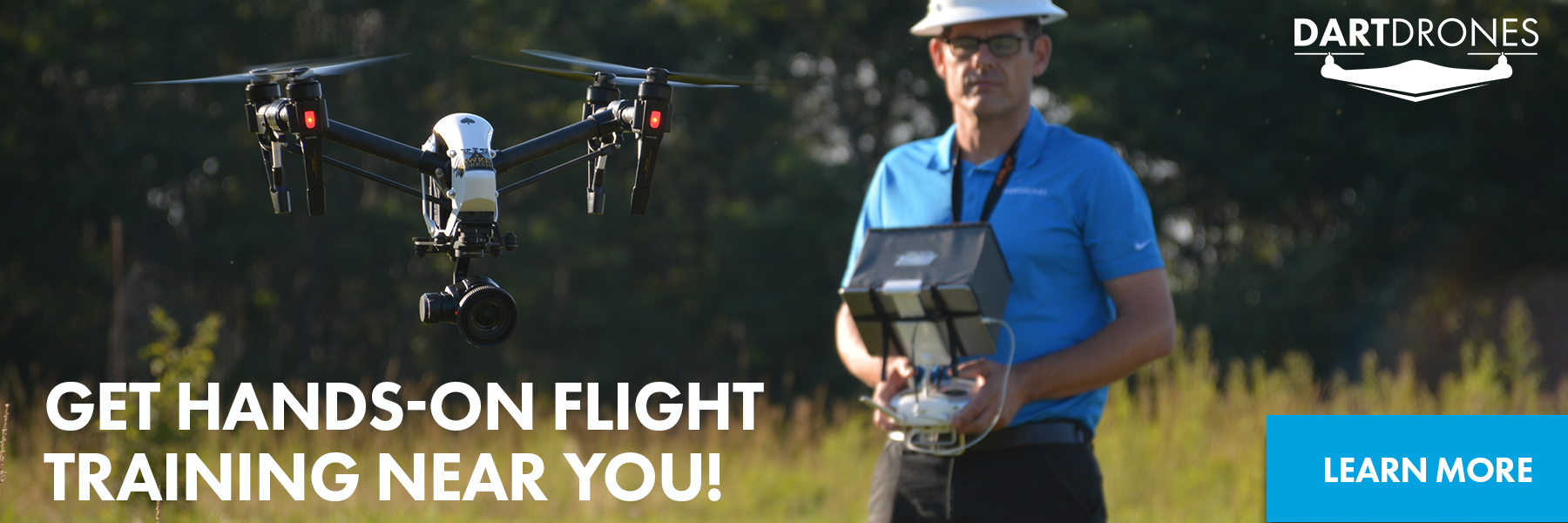
Before Requesting Your Night Waiver
To start the process, you must make sure you have your Part 107 certification. If you do not have this certification, you can get Part 107 Test Prep with DARTdrones to help make sure you pass the test.
When it comes to nighttime operations, the most important thing to the FAA is safety. You must be prepared to explain your standard operating procedures to the FAA and show how you have modified those procedures to account for nighttime operations. Ultimately, the FAA wants to know that you are capable of operating a drone without the aid of reference points that are available in full daylight visibility.
DARTdrones’ expert drone flight instructor, Colin Romberger, obtained his night waiver and he had this to say on the process.
“The key to gaining approval is to understand what operational guidelines and safety procedures should be observed to ensure the same level of safety and security as a standard Part 107 daytime flight operation,” Romberger said. “The FAA expects that any petition for a Part 107 Night Waiver will include the planned implementation of these additional protocols before granting a Certificate of Waiver or Authorization, so it is important to have someone versed in sUAS night operations procedures and FAA expectations prepare your waiver request.”
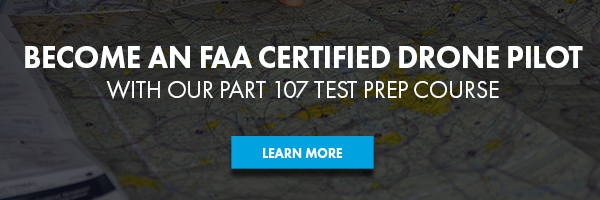
Getting Your Night Waiver
You’ll be glad to hear that it’s not overly difficult to obtain a night waiver. The FAA suggests that operators submit a waiver request at least 90 days before they plan to fly, but recently it seems to be streamlining the process. Since August 2016, the FAA has granted over 300 Part 107 Waivers for these types of flights. Drone operators have reported obtaining waivers as fast as 13 days and as long as 90 days, but it definitely seems the FAA is speeding things up. However, it is important to understand that the FAA won’t grant waivers automatically. The exact length of time will depend on the volume of requests and the complexity of your application.
Here is a helpful video from the FAA about getting a night waiver.
With drones becoming more and more popular in the commercial world, it is important to understand the rules and regulations of operating a UAS. It is even more important that you have the proper drone training, certifications and waivers to avoid any legal trouble that may hinder your business. More information on drone training and drone certifications may be found here. For any other questions regarding obtaining a night waiver, give us a call at 800-264-3907!




